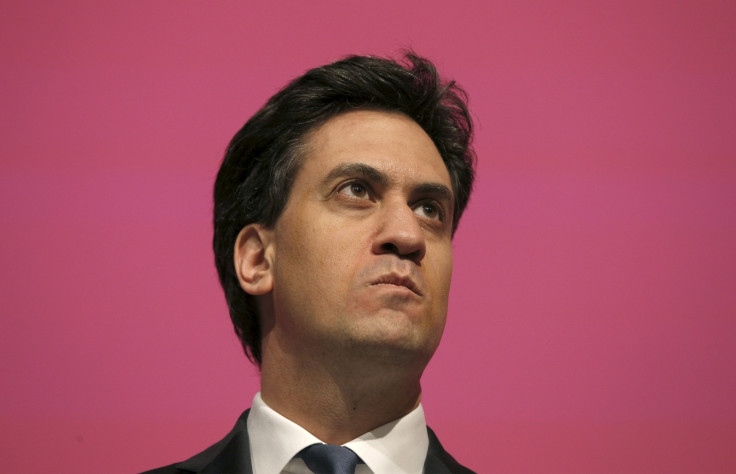Non-dom tax status: What is it and why does Labour's Ed Miliband want it scrapped?

Following Ed Miliband's announcement that a Labour government would scrap the non-dom tax status if it were to win the upcoming general election, IBTimes UK takes a look at how it works and the effect it has on the UK.
What is non-dom and how does it work?
The non-domicile, or non-dom, tax status, allows a person who is not British by birth but resides here to claim another country as their home and thus avoid paying many taxes to the UK. However, it also allows a person whose father or grandfather was born in a different country to mark another land as their true home, despite being born, raised and currently living in the UK.
As a result, the wealthy people who have paternal links to another country are able to avoid paying tax on foreign income thanks to a law which stretches back to the British Empire.
The non-dom can claim another country as their home if they can prove to HMRC that they own a property in that country. They may also have to show that they are not planning to stay in the UK on a permanent basis, burial plots in their 'home' or by other means.
However, the non-dom does not legally have to spend any time in the country they have ties to, nor are they required to pay that country's tax.

If they were to have income from their country in the form of investment returns for example, such as an oil-rich Russian residing in London may do, they don't have to pay income tax on money they earn abroad. However, they must pay if they bring the wealth that they have made into this country, but they are able to partly reclaim this.
They may also have to pay an annual remittance charge of £30,000 to £90,000, thus making it a strategy for only the richest. Hence the influx of wealthy immigrants choosing to live in London, such as Chelsea owner Roman Abramovich -- who is regarded as one of the UK's most high profile non-doms.
How it effects the UK economy:
Mark Pearce, a partner on the tax team at law firm Thomas Eggar, said that abolishing the controversial status could be disastrous for the UK economy.
Pearce said: "Simply abolishing the non-dom rule would be a disaster for the UK economy as it would inevitably lead to a mass exodus of wealth and talent from the UK.
"Rather than raise tax revenues, abolishing the rule would see skilled migrants move to other, lower tax jurisdictions. This would deny the UK millions of pounds of tax that these people currently pay, as well as indirect financial contributions through VAT and stamp duty they pay when purchasing goods or properties in this country."
However, Ed Miliband and his Labour party said that the non-dom rule "makes Britain an offshore tax haven", with shadow secretary Ed Balls adding that removing the law could raise "hundreds of millions of pounds".

In the 2012/13 tax year, some 113,000 people claimed non-dom status. Around 5,000 people paid the taxman a total of £223m because of the remittance charge.
Nonetheless, Miliband is expected to show a "tax gap" between what is owed and what has been collected has risen to £34bn ($50bn) under the coalition government.
The non-dom status was once again brought into question during the HSBC Swissleak scandal, which Miliband is set to point to again in the speech he will deliver at Warwick University, and describe how it is affecting Britons.
He will say: "Tax havens are continuing; the scandal at HSBC has been brought to the heart of government; the hedge funds are given the green light to avoid paying their fair share; HMRC seems to operate double-standards. It's one law for a few, other law for everybody else.
"This means higher taxes for working people and businesses, as well as starving money from our public services. In a world of tough, difficult choices, we just can't allow this to continue."
© Copyright IBTimes 2024. All rights reserved.






